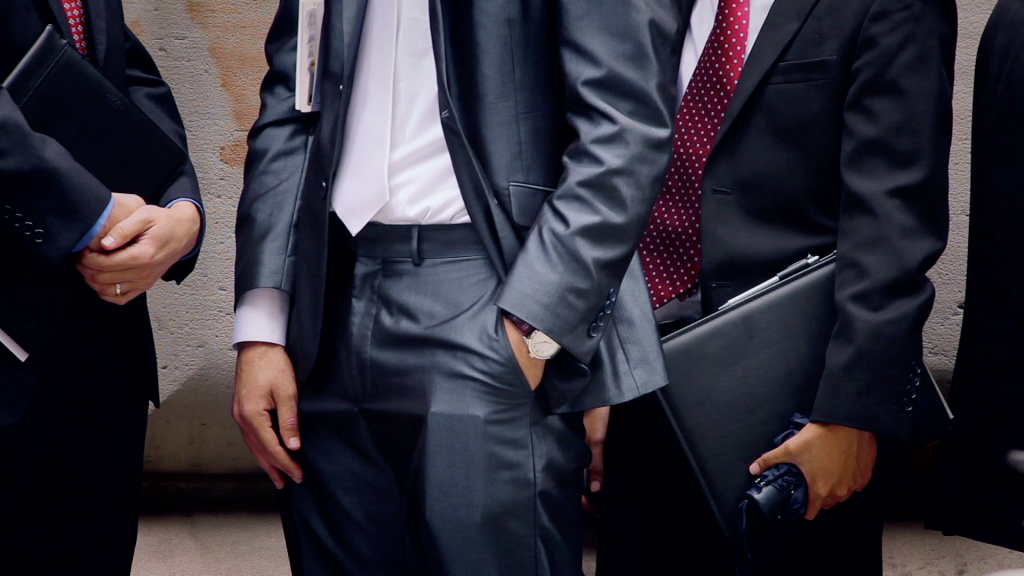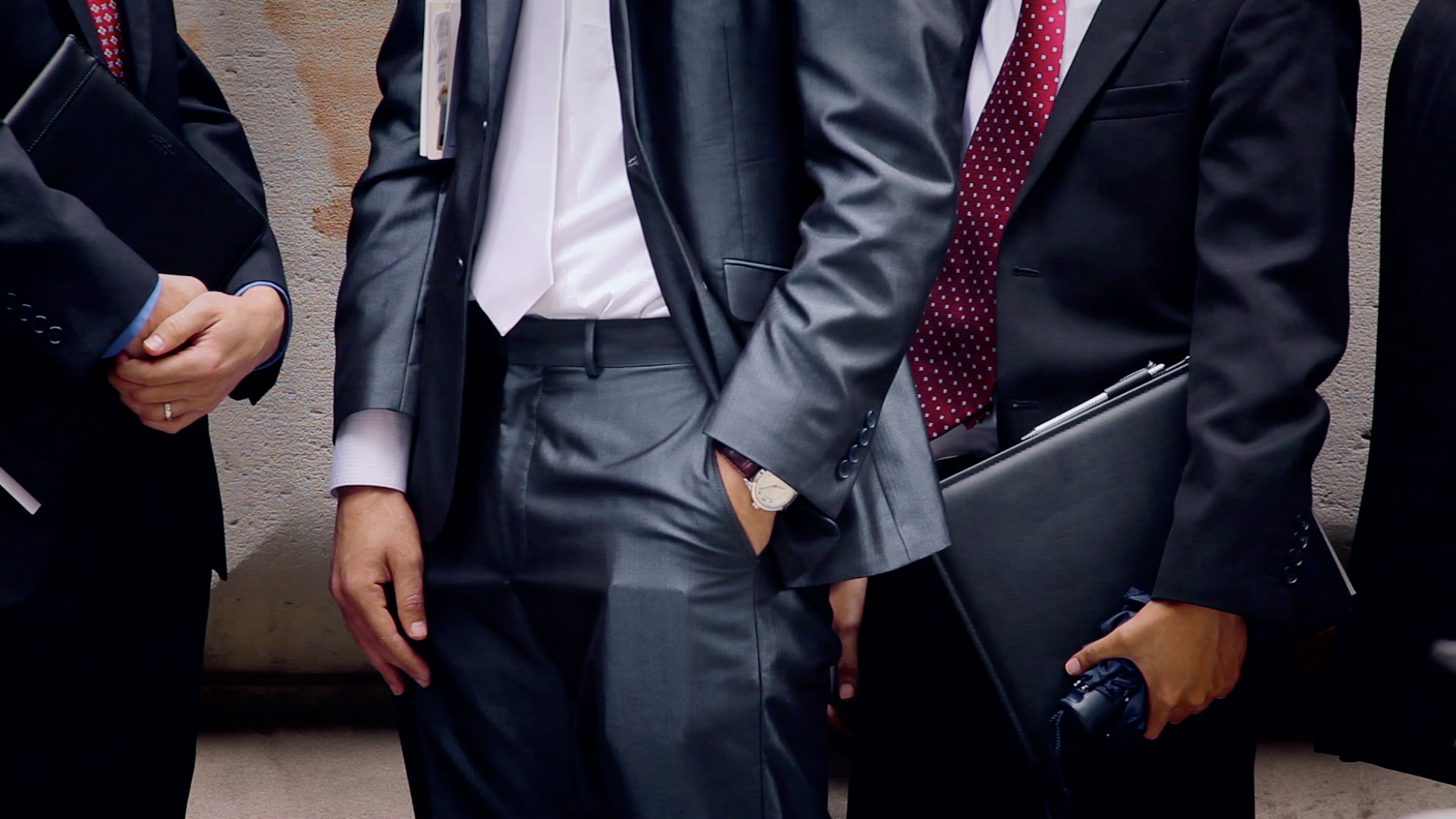Holder Sets Deadline in Final Push for Financial Crisis Cases

February 18, 2015
Share
The clock is ticking for financial crisis cases. Having failed to file charges against any Wall Street executives for the 2008 mortgage meltdown, Attorney General Eric Holder on Tuesday announced that he has instructed U.S. prosecutors to decide within 90 days whether any civil or criminal cases against individuals remain viable.
The deadline, which Holder announced during an appearance at the National Press Club in Washington, marks a final attempt by the attorney general to revisit the roots of the crisis as he prepares to leave office. Since the start of his tenure in 2009, the Justice Department has won billions in crisis-related settlements from several of the nation’s largest banks, but his failure to hold any individuals accountable has made Holder a frequent target of criticism from lawmakers on both sides of the aisle.
In a nod to his critics, Holder said on Tuesday that he has instructed his attorneys to “look at their cases and … report back in 90 days with regard to whether or not they think they’re going to be able to successfully bring criminal or civil cases against those individuals.” The lack so far of any individual prosecutions, Holder said, “is not for lack of trying.”
In March, however, a damning report from an internal watchdog at the Justice Department called that commitment into question. The review of the department’s effort to crack down on mortgage fraud, a key cause of the crisis, concluded that between 2009 and 2011 it was considered “the lowest ranked criminal threat in its lowest crime category.”
That’s a far cry from the response to past crises, according to critics. In the late 1980s and early ’90s, for example, the Justice Department convicted more than 1,000 bankers for their roles in the savings and loan crisis. Likewise in the early 2000s, the chief executives at Enron and WorldCom were both found guilty following historic accounting scandals at each of their firms.
Given that history, the question many are now asking is not what U.S. prosecutors will decide over the next three months, but why the previous six years have yielded so little in the way of individual charges.
“How could you have had this much fraud requiring billions of dollars in fines and yet there isn’t a single executive of a bank that you brought a criminal case against,” said Ted Kaufman, a former Democratic senator for the state of Delaware and a critic of the Justice Department’s response, in an interview with FRONTLINE.
Explaining his office’s record in a 2013 interview with FRONTLINE, Lanny Breuer, then the assistant attorney general for the department’s criminal division, said, “When a case could be brought, we did. But when we cannot prove beyond a reasonable doubt that there was criminal intent, then we have a constitutional duty not to bring those cases.”
Today, more than six years out from the crisis and past the statute of limitations for most crisis-related misconduct, critics are questioning whether Holder’s order will amount to any serious change. The recommendations from Holder’s order will be given to his likely successor, U.S. Attorney Loretta Lynch, but as Kaufman asked, what cases are left to bring “if they haven’t been brought by now?”

Related Documentaries
Latest Documentaries
Related Stories
Related Stories
Explore
Policies
Teacher Center
Funding for FRONTLINE is provided through the support of PBS viewers and by the Corporation for Public Broadcasting, with major support from Ford Foundation. Additional funding is provided the Abrams Foundation, Park Foundation, John D. and Catherine T. MacArthur Foundation, Heising-Simons Foundation, and the FRONTLINE Trust, with major support from Jon and Jo Ann Hagler on behalf of the Jon L. Hagler Foundation, and additional support from Koo and Patricia Yuen. FRONTLINE is a registered trademark of WGBH Educational Foundation. Web Site Copyright ©1995-2025 WGBH Educational Foundation. PBS is a 501(c)(3) not-for-profit organization.





















